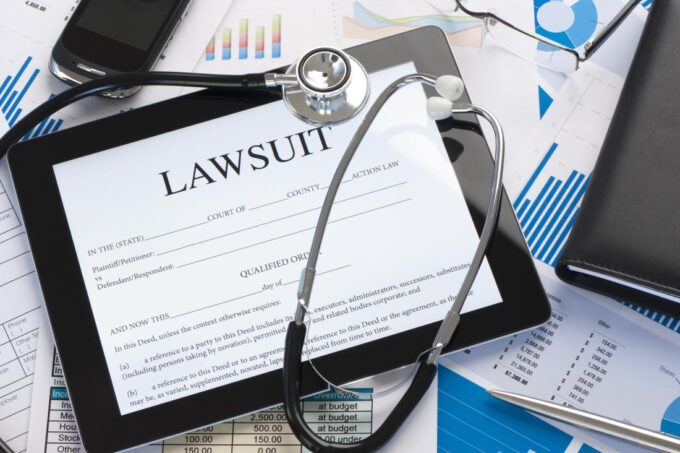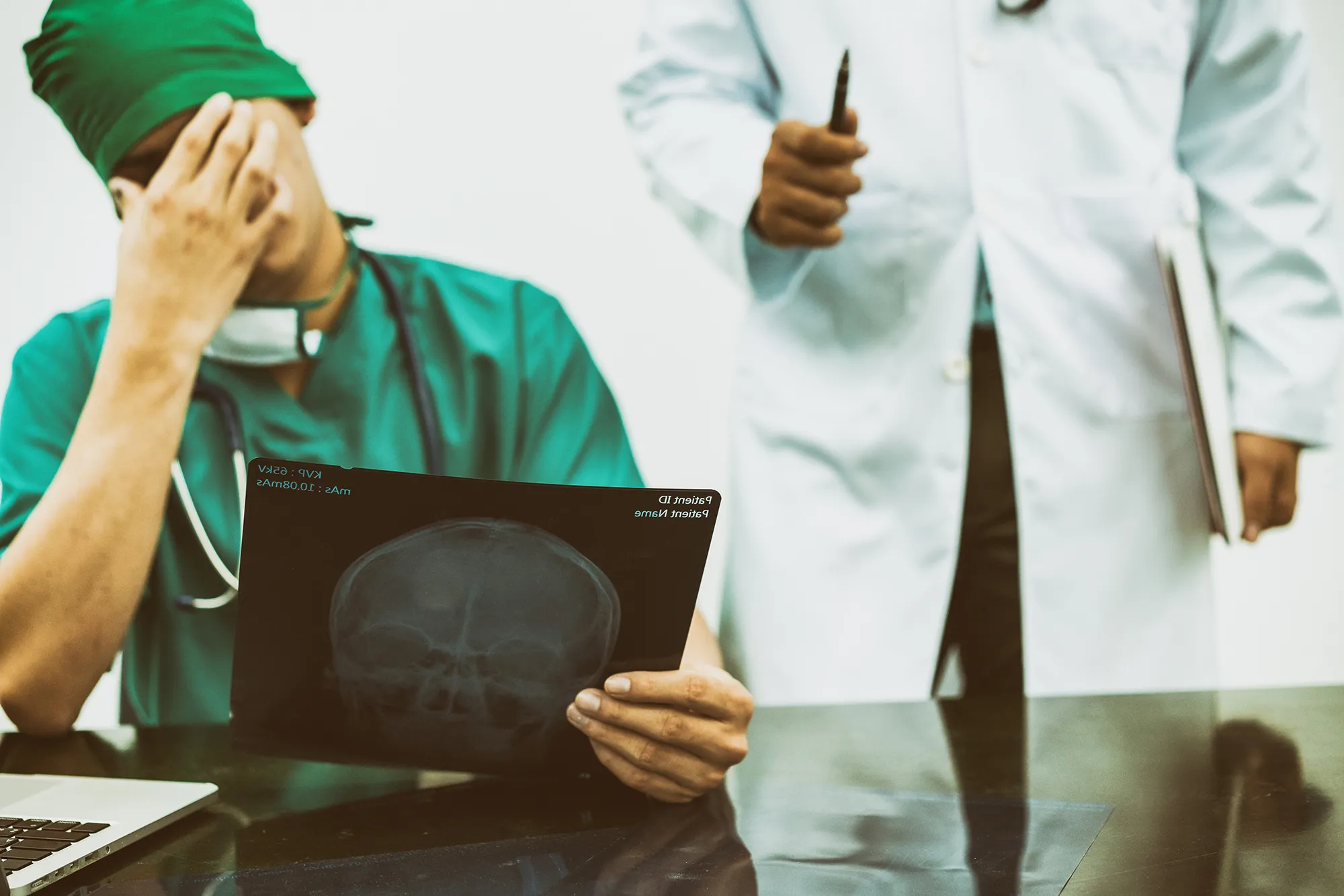Malpractice and negligence in the medical field are frequently used interchangeably. There is a subtle distinction in meaning, though.
Malpractice in the medical field always entails bad intentions. In this example, a medical provider disregarded a patient’s safety by not taking necessary action. The absence of malice is not a prerequisite for medical malpractice. To be negligent in the medical field is that a doctor or other medical worker committed a mistake that resulted in harm to a patient.
There is a fine line between medical care and injury, and both can occur with medical neglect or misconduct. A patient who suffers harm as a result of negligence or malice may be eligible for financial restitution. The best method to safeguard your entitlement to just compensation is to get legal counsel as soon as possible, click here now.
How do you go about getting compensation for a doctor’s mistakes?

Anything that goes wrong with a patient’s treatment is not considered “medical malpractice”.
Problems experienced by patients during or after medical procedures are not the responsibility of the medical team.
Still, doctors and hospitals can be held responsible for hurting patients when they give them bad care.
The burden of proof for the requisite elements of medical malpractice law rests squarely on your shoulders
To win a medical negligence or malpractice case in court, you’ll need to prove several things:
- The doctor is obligated to take care of you by the law.
- The doctor departed from the appropriate level of care.
- Damages suffered were a direct result of the obligation being broken.
- Due to the negligence, you were harmed.
Proving that a doctor departed from the appropriate level of care is crucial for a medical malpractice case. Still, it can be hard to prove medical malpractice because the standard of care changes from one medical specialty to the next.
Having medical experts help figure out the right amount of care adds another layer of complexity to cases of medical negligence. In this case, the right kind of treatment must be decided by hearing from trained medical professionals. You should consult a medical professional with similar training and experience if your primary care physician is unable to assist you.
What sets medical malpractice apart from simple negligence in the medical field?

Everyone you meet will share their humanity. We are fallible beings. Humans with specialized training who operate in the healthcare sector. Even minor mistakes can have significant consequences in healthcare.
- A healthcare provider is negligent when he or she makes a decision or does something that damages a patient unintentionally.
- Malpractice occurs when a physician knowingly harms a patient. A healthcare provider can commit medical malpractice even if they understand the gravity of the situation. Since they didn’t follow the proper protocols, they likely made some mistakes.
Don’t forget: these are just some basic explanations. See a healthcare provider or medical malpractice attorney if you need assistance determining which applies to your circumstance.
When does medical negligence or malpractice occur?
A surgeon nicks a blood vessel while operating on you, causing you serious harm. This is a case of medical malpractice.
In contrast, if a surgeon performs an operation without first conducting the appropriate testing, the patient is injured. This might be considered medical misconduct.
The specifics of each case are crucial. Whether or not the treatment you received constitutes medical negligence or malpractice is a question best answered by an experienced attorney.
Is it possible for a medical mistake to also constitute negligence?

The boundary between them is murky at best. One form of medical negligence is known as “medical malpractice.”
A lot of thought goes into deciding how to categorize an injury-causing mistake. Numerous issues could be taken into account by a medical malpractice attorney or court, including:
- What circumstances led up to this blunder?
- Did the healthcare provider consider all of the options before making a decision?
- Were there any procedures in place to stop the blunder? Were the rules disregarded?
- Is the care that was provided the finest that could be expected?
- Was that just an honest blunder that anyone might make?
How does “duty of care” function in the context of malpractice/negligence claims?

Examining the level of care owed to a patient is crucial when determining whether or not a case constitutes medical malpractice or neglect.
But what is it, precisely? A healthcare provider owes you, the patient, the highest standard of care possible so long as you are under their care.
However, this duty of care may not extend to other providers working in the same office who have never examined you. The success of a possible malpractice or negligence claim may depend on whether or not a duty of care is established.
What steps should you take if you suspect medical negligence or malpractice?

One’s existence is fraught with potential for misfortune. The same holds true for the healthcare sector. Medical malpractice, medical carelessness, or both may contribute to patients’ injuries after receiving process.
You have the right to the “standard of care” — the highest quality medical treatment available — when a disease occurs. You can also file a claim for damages if it seems appropriate.
The Bottom line
Medical malpractice and medical carelessness are wrong things that doctors do, but they are not the same. Medical fraud is when a doctor or nurse does something to hurt a patient on purpose. On the other side, medical negligence consists of when a medical professional makes a mistake that can negatively impact a patient.
It doesn’t matter what the legal rules are, though. Patients have a right to quality medical care. If a patient suffers harm due to a doctor’s negligence or carelessness, that patient has recourse through the legal system and other venues. Insurance companies may foot the bill for harm caused by a physician’s error or subpar performance.
Remember that as a patient, you have the right to risk-free and professionally administered treatment. In the end, both scenarios can have grave consequences for patients. Hence, getting assistance is crucial if you suspect you or any loved one has been harmed.









